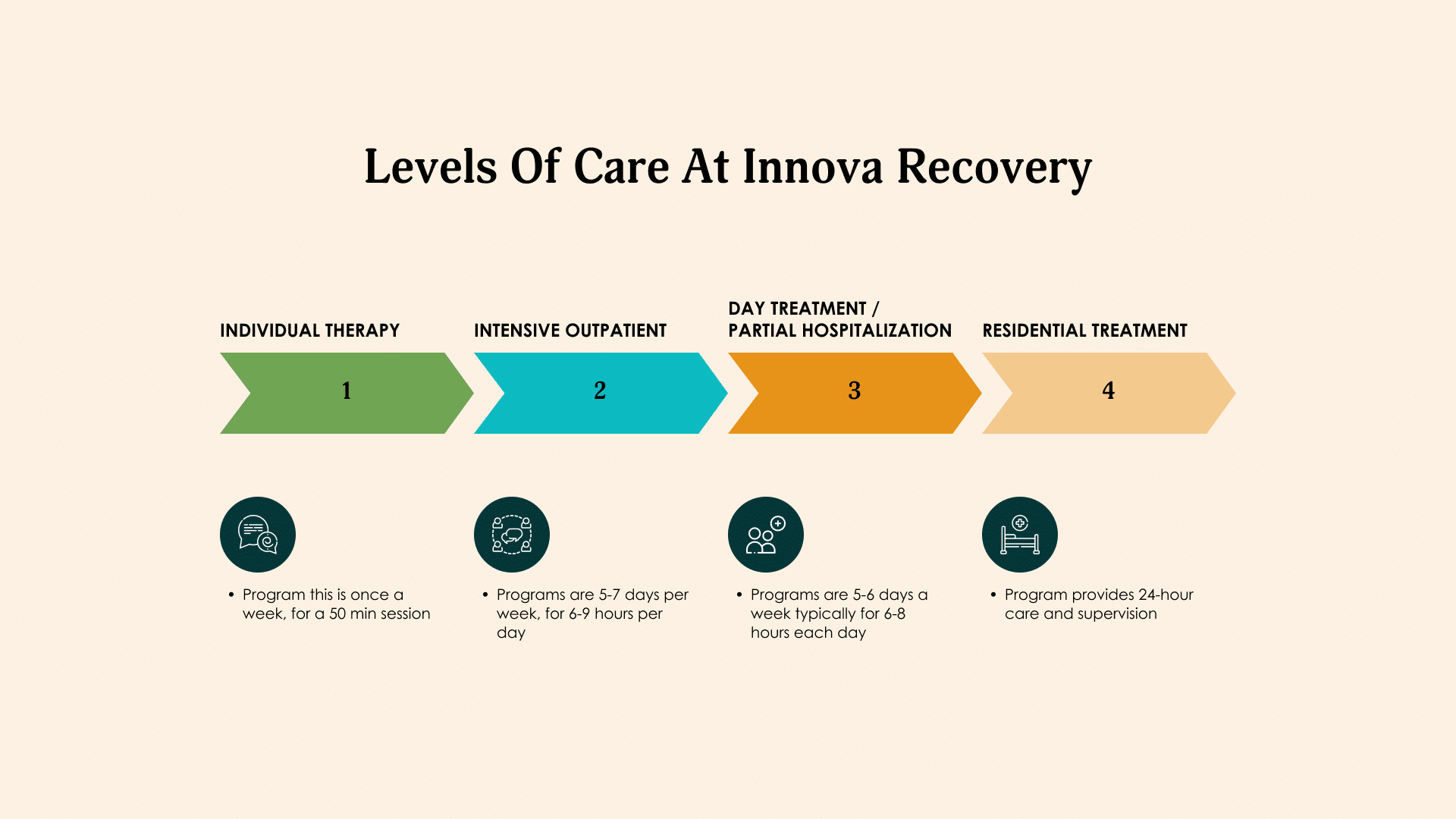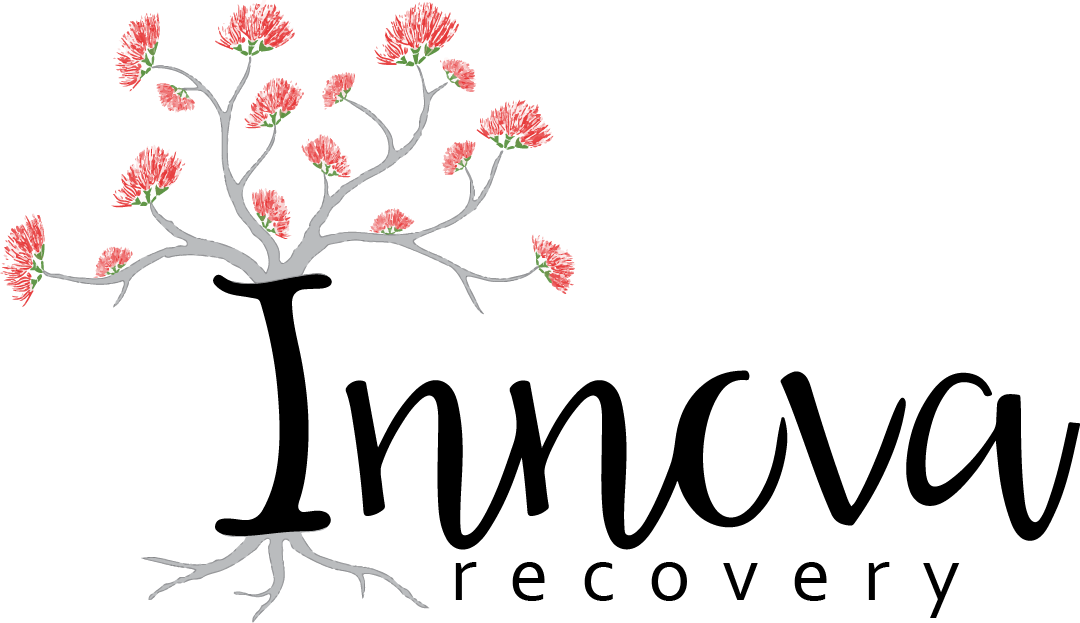Resources for Familes
Family is anyone who loves you right where you are
A personʼs reaction to trauma can be difficult for loved ones to understand. At Innova, we know that you are the first line of support for your family member and we want to equip you with the best possible tools for that role.
Call us for immediate support

Healing is a journey best travelled with a faithful companion for support
Trauma work is often similar to a readdressing a previously broken bone. If someone breaks a bone and does get the right medical attention, it will heal, though it is often crooked, painful and has reduced capabilities of functioning.
If we are able to eventually seek medical attention, it is often necessary for the doctor to “re-break” the bone first to reset it for healing. This can seem like the opposite of what any rational person would “want” to do in order to heal and requires a great deal of initial pain and discomfort.
In many ways, addressing our trauma can feel like the same process. If we have spent years struggling with being overwhelmed by our emotions or if we have done the opposite and “numbed” our emotions, starting the process of confronting them can be uncomfortable. Because of this, it is easy to empathize with why many clients may arrive to treatment and feel afraid, intimidated, uncomfortable, or even desire to leave during the first few days.
For other clients, they may be relieved at having the structure they are lacking in their lives and may experience these feelings later once they start addressing their feelings about the trauma. Both scenarios can result in a person “sabotaging” their recovery by leaving therapy before they can experience the relief that comes when their symptoms begin to improve. This is why support and encouragement, not just from therapists, but from everyone in a client’s support network, is often crucial to a client’s recovery.
What are some common reactions to trauma?
Many individuals are often surprised to learn that struggles they have are actually a product of trauma
- Irritability
- Isolation
- Feeling detached from others, as if no one understands you
- Sitting with oneʼs back to a wall in any room
- Sleeping on the couch
- Bedwetting as an adult
- Nightmares
- Avoidance of crowds
- Carrying a gun or weapon regularly
- Anxiety
- Depression
- Substance dependence and abuse
- Personality disorders (especially Borderline Personality Disorder)
- Disordered Eating
- Self harm
Know someone who could use some help?
If your family members is experiencing the above symptoms, they may benefit from focused trauma treatment. We are here to help. Call or text today to schedule an appointment with one of our trauma-informed coordinators.
Frequently Asked Questions
Many families don’t know where to begin or what to ask. Here are a few commonly asked questions to help you make the best decision for your loved one.
How can I support someone who has experienced a trauma?

What if my loved one doesn’t want to talk about their trauma?

How can I pay for treatment?

How do I know what level of care my person needs?

Connect & Learn
Get expert advice on how to navigate trauma in your life

Understanding The Levels of Care
This article outlines the various levels of care in mental health and trauma recovery, from outpatient services to intensive inpatient treatments, highlighting the significance of tailored approaches to address individual needs.

Intensive Outpatient Program in New Braunfels
Intensive outpatient treatment programs are recommended by health care providers for people who are making…

Intensive Outpatient Program in TX
Intensive outpatient programs are recommended for people who are transitioning…

IOP in New Braunfels, TX
An intensive outpatient program is a therapy program typically recommended by a doctor for continued treatment…







